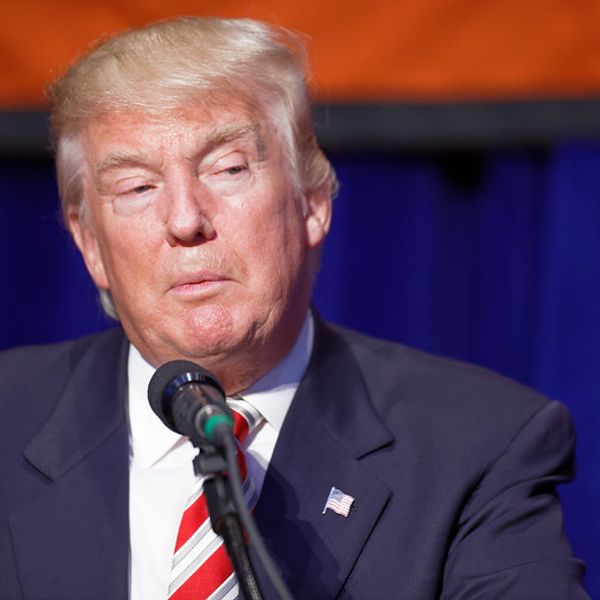
Since his first year in office, President Obama has drawn scathing critiques from a handful of prominent black critics, mostly for his failure to pursue an explicit “black” agenda aimed at ameliorating the legacy of racism.
Usually, I disagree with those critics, who are unrealistic about the limits of the presidency, unfair in their assessments of Obama’s broader agenda and, most important, bizarrely naive about the tightrope he walks as the first black man to win the office. If he announced a “black” agenda, the rest of his presidency would be swallowed up by the ensuing controversy.
But there is one area where I believe Obama has failed black America: He has done next to nothing to rein in the so-called war on drugs. After decades of hyper-punitive policies that have excommunicated thousands of black men from the economic mainstream, Obama might have begun to substantially wind down his era’s Prohibition.
Now, Attorney General Eric Holder is drawing praise for announcing a new policy intended to curb the fanatical, yet futile, drug war. Speaking to the American Bar Association recently, Holder said he would limit the use of mandatory minimum sentences that have resulted in long prison stretches for low-level offenders.
Tough mandatory sentences became popular years ago, when violent crime was still rising and prosecutors and politicians salved public fear by backing stiffer penalties — even for non-violent crimes. The result has been a staggering increase in the prison population. The United States accounts for about 5 percent of the world’s people but nearly 25 percent of its prison inmates.
Discriminatory enforcement has exacerbated the problem of draconian drug laws, and Holder knows all too well that racial bias remains pervasive in the criminal justice system. In his speech, he pointed to research that found “black male offenders have received sentences nearly 20 percent longer than those imposed on white males convicted of similar crimes.”
But Holder’s new policy, even if it works as well as he hopes, would do precious little to scale back the staggeringly expensive and unbelievably destructive drug war. For one thing, the beneficiaries of his new policy represent a high percentage of the federal prison population but a tiny portion of the prison population overall. Most inmates are in state facilities.
Holder is hardly taking a bold step. Crime has declined so steeply over the last 15 years that there is very little political risk in shorter sentences for drug offenses. Spurred by overcrowded prisons and tight state budgets, even conservative governors and state legislators have begun to back away from imposing draconian prison sentences. In Georgia, for example, Republican Gov. Nathan Deal and a GOP-dominated legislature have already pushed through significant criminal justice reform, including lesser punishments for low-level drug offenders.
If the Obama administration really wanted to leave a legacy of a fairer criminal justice system, it would decriminalize marijuana use at the federal level. Such a policy could help black citizens disproportionately without the controversy of an explicit “black” agenda. The American Civil Liberties Union reported in June that black Americans are almost four times more likely to be arrested for marijuana possession than white people, even though blacks and whites use the drug at about the same rate.
Obama can’t change marijuana policy at the state level, but he could use his bully pulpit to move recalcitrant state authorities into the 21st century. According to an April Washington Post poll, 52 percent of Americans believe it should be legal. Indeed, voters in Colorado and Washington state have voted to legalize recreational use.
How has the Obama administration reacted to those states? By insisting on keeping the federal government’s preposterous policy that bans marijuana for all purposes and even prohibits scientific research on cannabis. That’s puzzling and unfortunate, especially since the president has freely admitted using marijuana as a teenager. While he managed to escape the long arm of the law, many black men have not.
Obama knows that, and it’s disappointing that he has done so very little about it.
(Cynthia Tucker, winner of the 2007 Pulitzer Prize for commentary, is a visiting professor at the University of Georgia. She can be reached at cynthia@cynthiatucker.com.)
Photo: North Cascades National Park via Flickr.com








